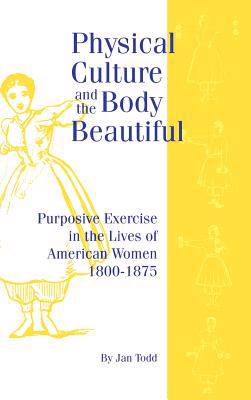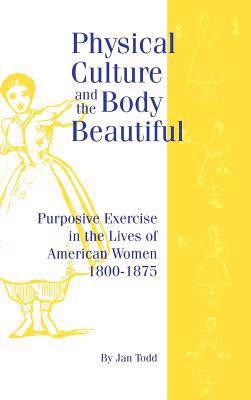
- Afhalen na 1 uur in een winkel met voorraad
- Gratis thuislevering in België vanaf € 30
- Ruim aanbod met 7 miljoen producten
- Afhalen na 1 uur in een winkel met voorraad
- Gratis thuislevering in België vanaf € 30
- Ruim aanbod met 7 miljoen producten
Zoeken
€ 59,45
+ 118 punten
Omschrijving
In examining the course of the debate between the philosophies of Rousseau and Wollstonecraft in the first seventy years of the nineteenth century, several important conclusions have been reached. First, a much more diverse spectrum of women's exercise existed in the antebellum era than is currently described in modern historical texts. Second, several exercise systems had significant links to an ideal of womanhood - called in this text Majestic Womanhood - which directly competed with the prevailing construct of the ideology of True Womanhood articulated by historian Barbara Welter. Third, purposive training mattered in the lives of American women influencing them physically, intellectually, and emotionally. In many instances this training empowered women to step beyond the confines of their separate sphere of domestic duty and involve themselves in the world outside their homes.
Specificaties
Betrokkenen
- Auteur(s):
- Uitgeverij:
Inhoud
- Aantal bladzijden:
- 384
- Taal:
- Engels
- Reeks:
Eigenschappen
- Productcode (EAN):
- 9780865545618
- Verschijningsdatum:
- 1/06/1999
- Uitvoering:
- Hardcover
- Formaat:
- Genaaid
- Afmetingen:
- 157 mm x 231 mm
- Gewicht:
- 725 g

Alleen bij Standaard Boekhandel
+ 118 punten op je klantenkaart van Standaard Boekhandel
Beoordelingen
We publiceren alleen reviews die voldoen aan de voorwaarden voor reviews. Bekijk onze voorwaarden voor reviews.











